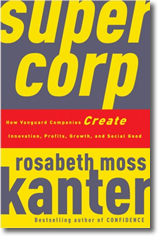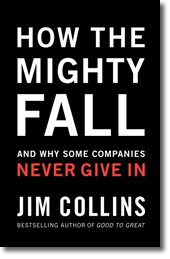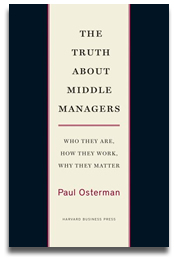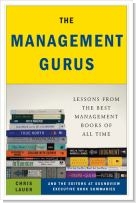Book Review: The Lords of Strategy
Monday, February 27th, 2012
Kiechel, Walter. The lords of strategy : the secret intellectual history of the new corporate world. Harvard Business Press, 2010.
Our guest reviewer today is Fuqua faculty member Peter Regan, who teaches Decision Models in the Duke MBA Cross Continent Program. In addition to teaching at Duke, Dartmouth and Cornell, Prof. Regan has worked in biotech, financial services, and consulting firms, and founded his own consulting and technology firm in 1995.
Kiechel surveys the history of strategy based on his years as editor of Fortune and Harvard Business Publishing. The book has the “knew them at the time” feel that Peter Bernstein has about finance in his book, Capital Ideas Evolving.
The story lays out the rise of strategy at BCG, its offshoot Bain, McKinsey, and Michael Porter’s rise at Harvard Business School. The book then follows various tributaries as the strategy marketplace matures amid the growing competition accompanying globalization.
I particularly appreciate the attention given to the “strategy as position” school exemplified by Porter’s Competitive Advantage versus the “strategy as people” school exemplified by Peters and Waterman’s In Search of Excellence.
Keichel borrows from both schools of thought in writing his book. You learn about the major firms and the advantages they have as brands with the ear of executives and the eye of top students. But you also learn about the importance of individuals in developing strategy’s ideas and in guiding the major strategy consulting firms.
Keichel admits a possible Boston-centric criticism and no doubt many will decry various omissions but as a reader I find the lack of encyclopedic coverage to be an asset that keeps the narrative line clear.
The book puts in context my own experiences at a boutique strategy consulting firm and helps me to understand the industry so many of my MBA students aspire to join.
This title is also available as an audiobook.
© Reviewer: Peter Regan & Ford Library – Fuqua School of Business.
All rights reserved.








